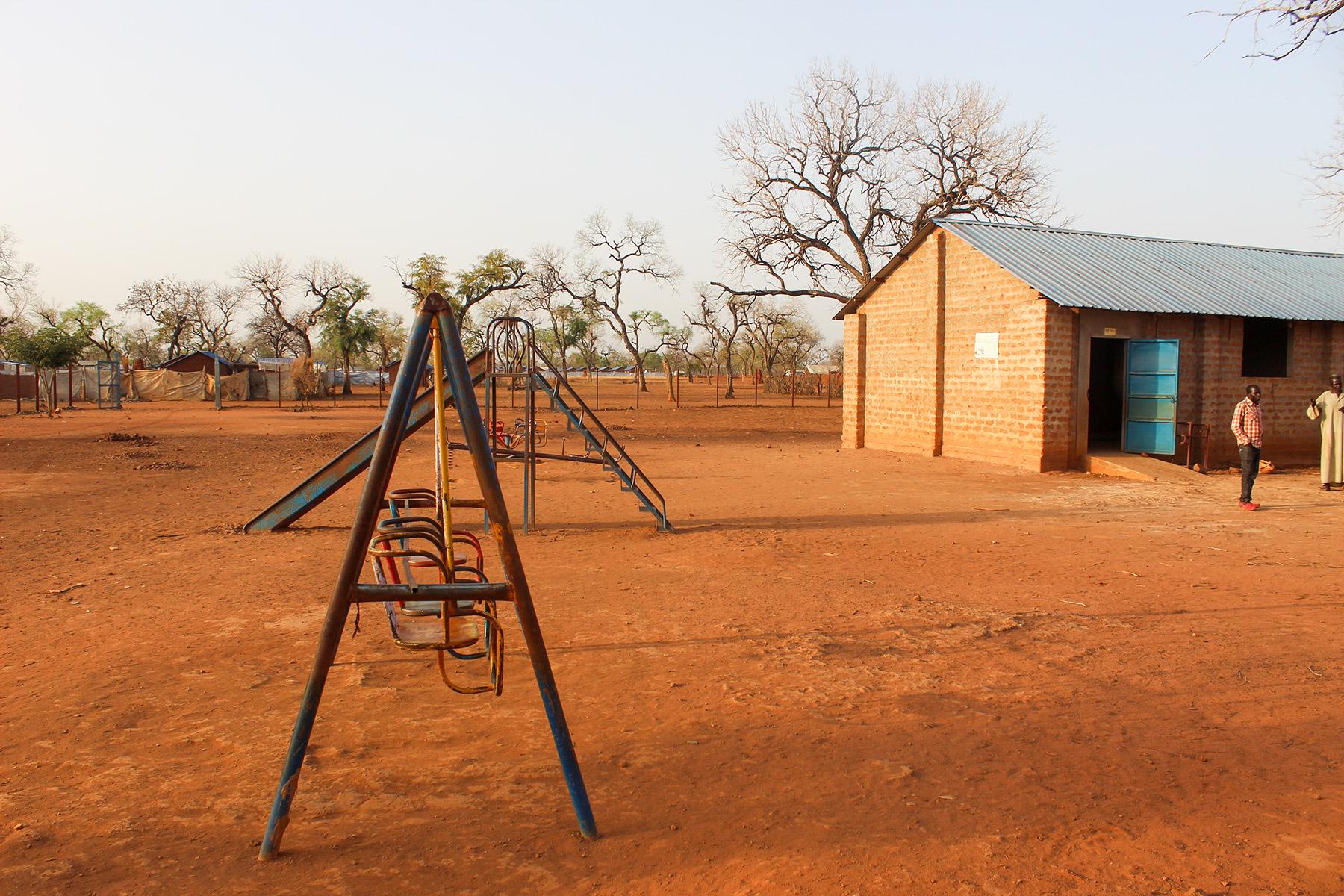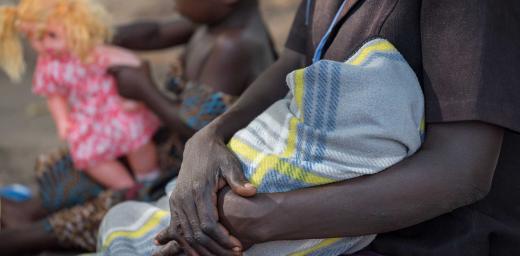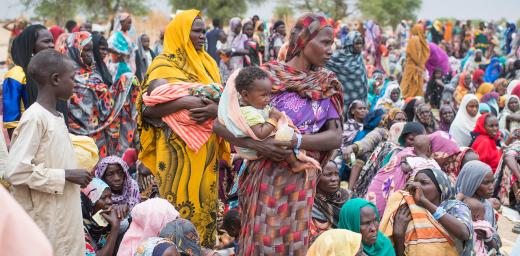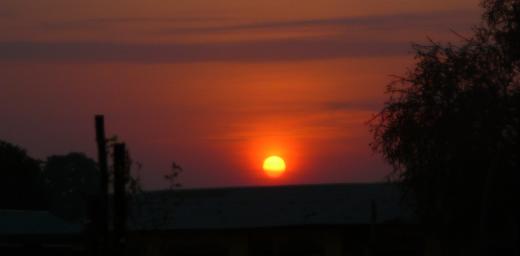(LWI) - Sarah Philemon is a 32-year-old mother of four from Pamir refugee camp in Sudan. Born in 1990 in Nuba Mountain, she lost her hearing at age 15 when her village was bombarded. As a result, she has struggled to access education her entire life.
“I was enrolled in primary one from Nuba Mountain in Sudan when I was young but because of my hearing impairment, I could not benefit from the teaching. There was a communication barrier. This led to poor performance even after repeating the same class,” she says. “Children and youth like me had lost hope but now see a bright future.”
Sarah is currently enrolled in the Accelerated Learning Program (ALP) at Tirhaka ALP Center and one of the students of The Lutheran World Federation (LWF) inclusive education program.
The conflict in South Sudan has displaced families and left many children orphaned. As a result, there is a rise in the number of children with disabilities (CWD) left without proper care and support in South Sudan. According to UNICEF, there are over 200,000 of them in the country. This is an increase from the previous estimate of 160,000. Education is in general a challenge for these children in most contexts. Many schools are not physically accessible to CWDs, even when they are able to attend school, they often face discrimination and exclusion from their peers. The lack of resources and trained personnel also places a barrier to education.
LWF World Service is implementing an inclusive education program funded by Church of Sweden and the Swedish International Development Cooperation Agency in Ruweng, South Sudan for refugees and the host community. The project is devoted to ensuring CWDs have access to quality education and currently serves 525 students. The LWF country program in South Sudan recruits sign language and braille teachers for the hearing impaired and visually impaired learners as part of the inclusive education program.
Improving access to quality education
Students like Sarah are getting the chance to expand their education. With the help of specialized teachers they learn how to communicate and understand the world around them. In addition, they gain the skills needed to succeed in life and a better chance to realize their potential.
With the right training vulnerable youth have a powerful tool in their hands to build a future where they have agency.
– Mika Jokivuori, LWF South Sudan’s Country Representative
“Sarah’s story reminds us how important education is and the need to improve access for children with disabilities. In situations of conflict, we aim to help communities build resilience. An essential foundation of resilience is education. With the right training vulnerable youth have a powerful tool in their hands to build a future where they have agency” says Mika Jokivuori, LWF South Sudan’s Country Representative.
Sarah now advocates to improve access to education for deaf people in South Sudan and support them to live full and productive lives.
"I want my children to have a better future than I had. I want them to be able to go to school and get a good education. With the help of this program, I know that they can," Sarah says. “I want to complete my secondary education and even beyond to show my home community in Nuba and the world that people with hearing impairments can learn and contribute to the development of the country. This program has helped me get closer to that goal.”
LWF World Service’s inclusive education program is changing the landscape of education for CWDs in South Sudan. Many of them are now able to go to school and understand the education they are receiving. This in turn is helping youth and children with disabilities shape a more inclusive future for South Sudan.
By LWF/M. Chol and LWF/T. Rakoto






